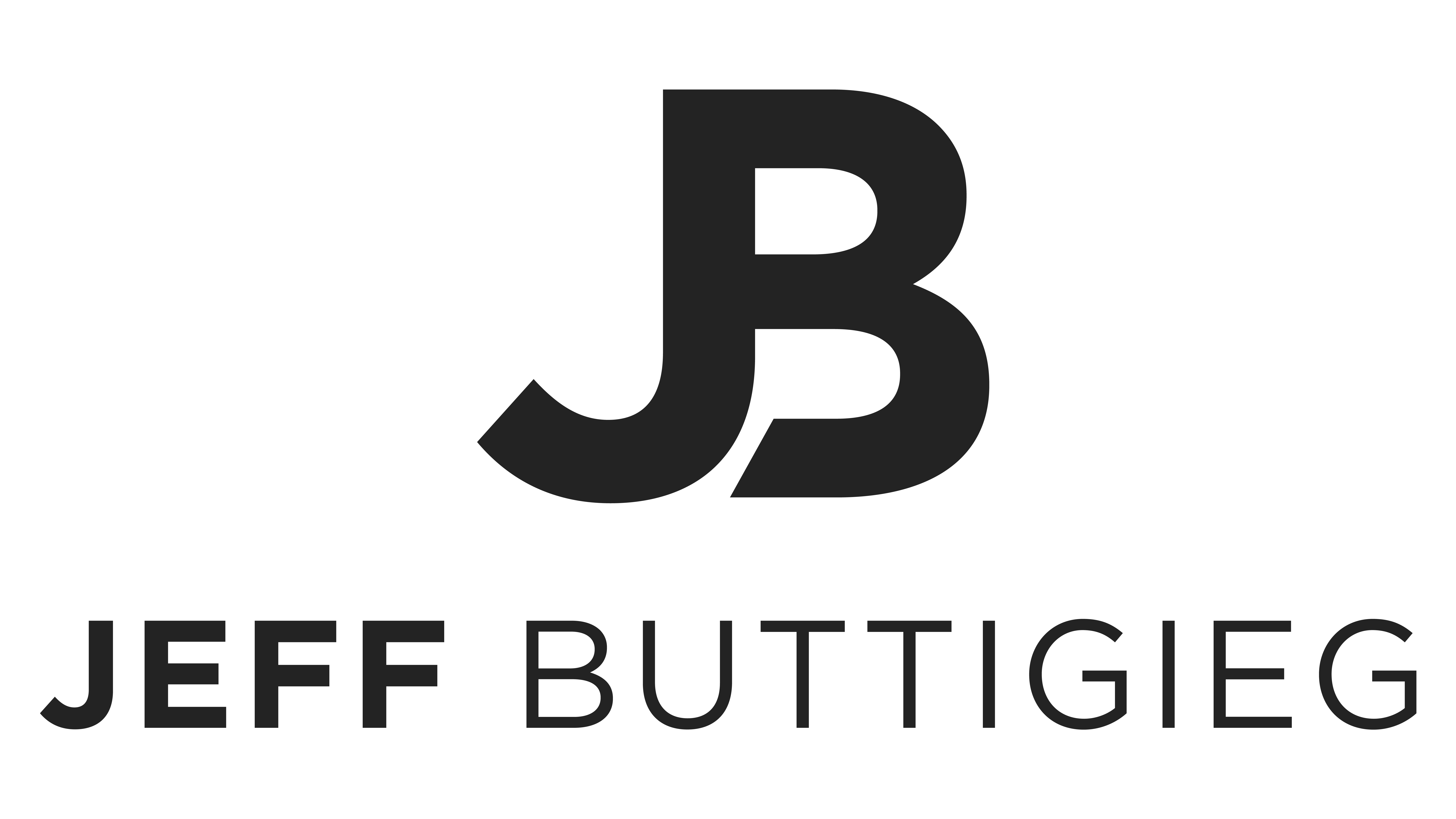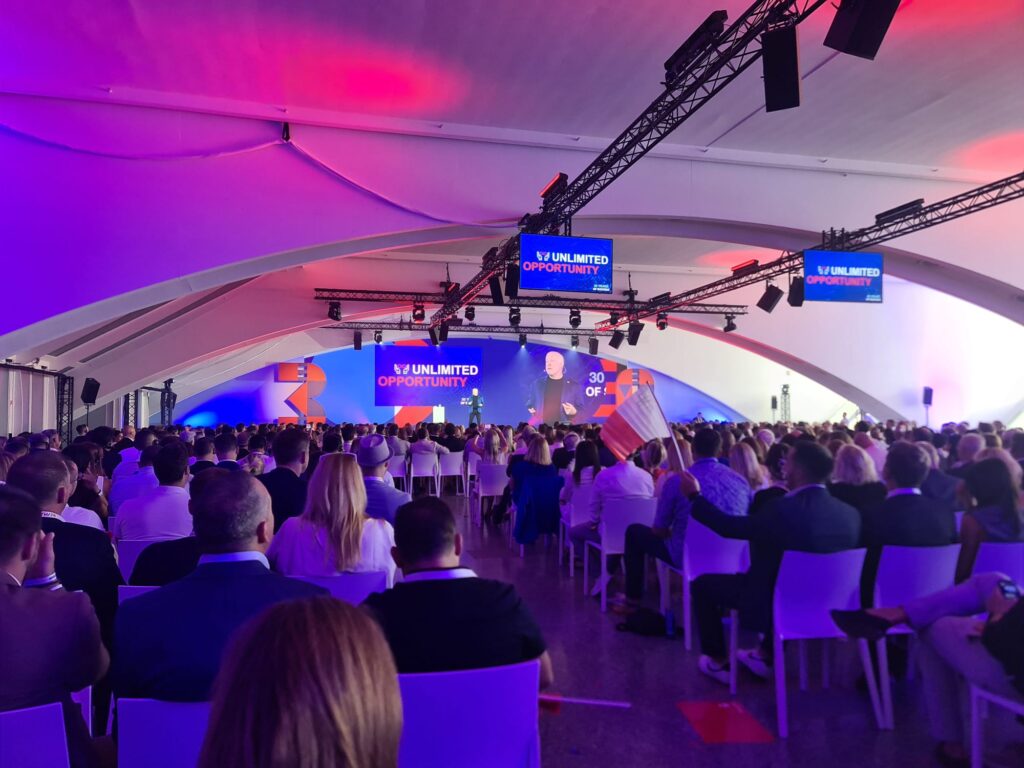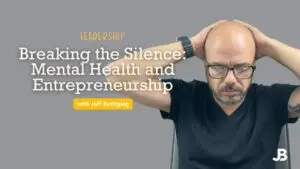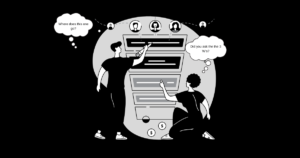Is it time to regulate the real estate franchise industry?
As I sat at my desk on a quiet Sunday afternoon, I find myself reflecting on a week in September when I attended the RE/MAX European Convention. Held at the stunning Museu De Les Ciencies in Valencia, Spain, the event brought together twenty-five RE/MAX Malta real estate agents, along with over a thousand of our European counterparts and several North Americans from RE/MAX Canada.
The RE/MAX European Convention is an annual gathering that connects agents and brokers from across the continent, providing a unique platform for learning, networking, and professional growth. This year’s event was impeccably organized, featuring a lineup of impactful speakers, including Michael Polzler, CEO of RE/MAX Europe; Christopher Alexander, President of RE/MAX Canada; Ed Stulak, a social media innovator and real estate agent; Jez Rose, a global behavior change agent; and Jared James, an industry podcaster and performance coach, among others.
What makes attending such a convention truly significant is the invaluable education, the opportunity for building referral networks, and the camaraderie with colleagues who often become friends. These conventions are more than just events; they are powerful tools for personal and professional development.
Reflecting on the convention, I couldn’t help but feel a deep sense of frustration. Here we are, investing heavily in infrastructure to ensure quality service, maintaining high standards, and providing our agents with opportunities to learn and grow, even travel. Yet, many Maltese realtors fail to see the value in investing in their careers in this way. RE/MAX actively promotes the benefits of these events, but still few seem to take full advantage. If I were to tell you that attending these conventions could potentially double your earnings over the next 12 months, wouldn’t that be of value? I have personally witnessed agents across Europe and the United States double, even quadruple, their earnings within a year due to the insights and skills gained from these experiences.
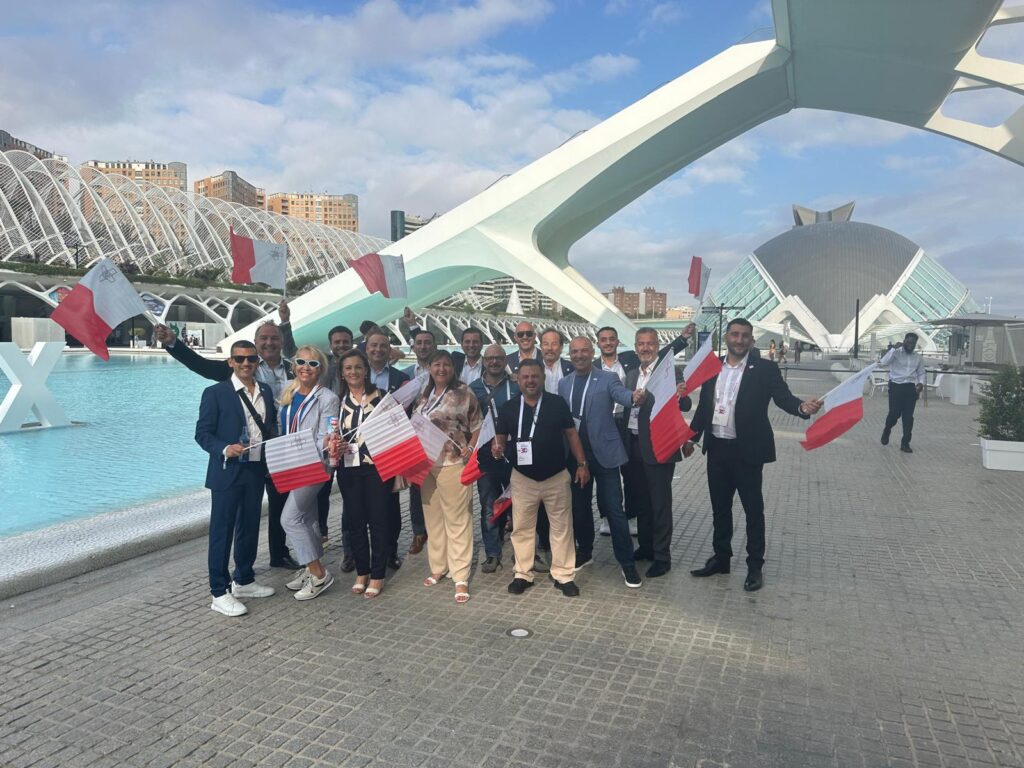
Over the years, the real estate landscape in Malta has evolved. Many ambitious agents and brokers have opted to create their own local franchise brands, and to some extent, they have succeeded — hats off to them for their entrepreneurial spirit. However, the prevailing strategy seems to focus on quantity over quality, a trend that I believe offers little to no long-term value. The goal appears to be recruiting as many agents as possible, sending them out into the market without adequate training or support, and hoping they will close enough deals to turn a profit. This is akin to the “wild west” approach, where agents are left to navigate the market like taxi drivers, blindly searching for opportunities.
The “wild west” analogy feels particularly apt because, although Malta recently introduced a real estate license, it remains highly technical and lacks service standards. While I am pleased that the license has been issued, it does not address the critical need for a code of ethics or service standards that ensure professionalism across the industry. This leaves the standards of service largely up to individual agents, leading to vast inconsistencies and, in many cases, sub-standard client experiences. Establishing a robust code of ethics would have been a significant step towards elevating the industry’s reputation and ensuring that clients receive the high-quality service they deserve.
It’s easy to build a reputation by riding on past achievements and employing flashy marketing tactics, like dramatic Facebook posts and boasts of rapid expansion. For some, this strategy may appear legitimate, even enticing. I do admire those who have had the courage to venture out on their own and have found some success, but I strongly disagree with this approach. It’s damaging to the industry, reinforces the negative stereotype of “cowboy” agents, and ultimately, does more harm than good.
But let’s look closer at the so-called “successes” being promoted. How can a company, in one breath, claim they have 450 agents, and just a week later, announce publicly that they have 350? Or claim to have over 35 offices open when, in reality, there are barely 20? How can they call themselves a franchise when, in many cases, there isn’t even a legitimate franchise agreement in place? These are not just exaggerations — they are misleading statements that undermine trust in the entire industry. This constant inflation of numbers and facts is symptomatic of a larger problem: a lack of integrity and transparency.
I realized that the Maltese public is ultimately losing out. Potential agents are missing the chance to become part of a professional network where they could deliver exceptional service, while buyers and renters often end up receiving sub-standard service due to inadequate training and infrastructure. This realization is what prompted me to write this piece. It’s not just about the frustration of seeing a lack of commitment to quality and professionalism; it’s about the broader impact on our industry and our clients.
I would even go as far as to say that much of what we see is simply a smokescreen. Despite having some talented agents and managers, many of these companies lack real infrastructure, effective training, and a genuine commitment to professionalism. The delays in regulating our industry often stem from these very companies, which have yet to get their act together, despite holding positions on the board of the Estate Agents’ section of the Malta Developers Association (MDA).
At some point, the façade will crumble. Without proper support, competent management, and a commitment to quality, these businesses will struggle to sustain themselves. The truth is, relying on a “well-oiled lying machine” that sells the illusion of success is a precarious strategy that will only work until it doesn’t.
So, where am I going with this? I believe it is time to regulate the franchise industry in Malta. It’s time for a level playing field, where standards matter, and where deceptive marketing tactics become relics of the past.
After running an international franchise for 20 years, I have seen our business model plagiarized and customized by others. While imitation may be flattering to some, it is certainly not flattering when we know that our original intent was to positively transform the market for the benefit of the general public — not to line the pockets of opportunists.
